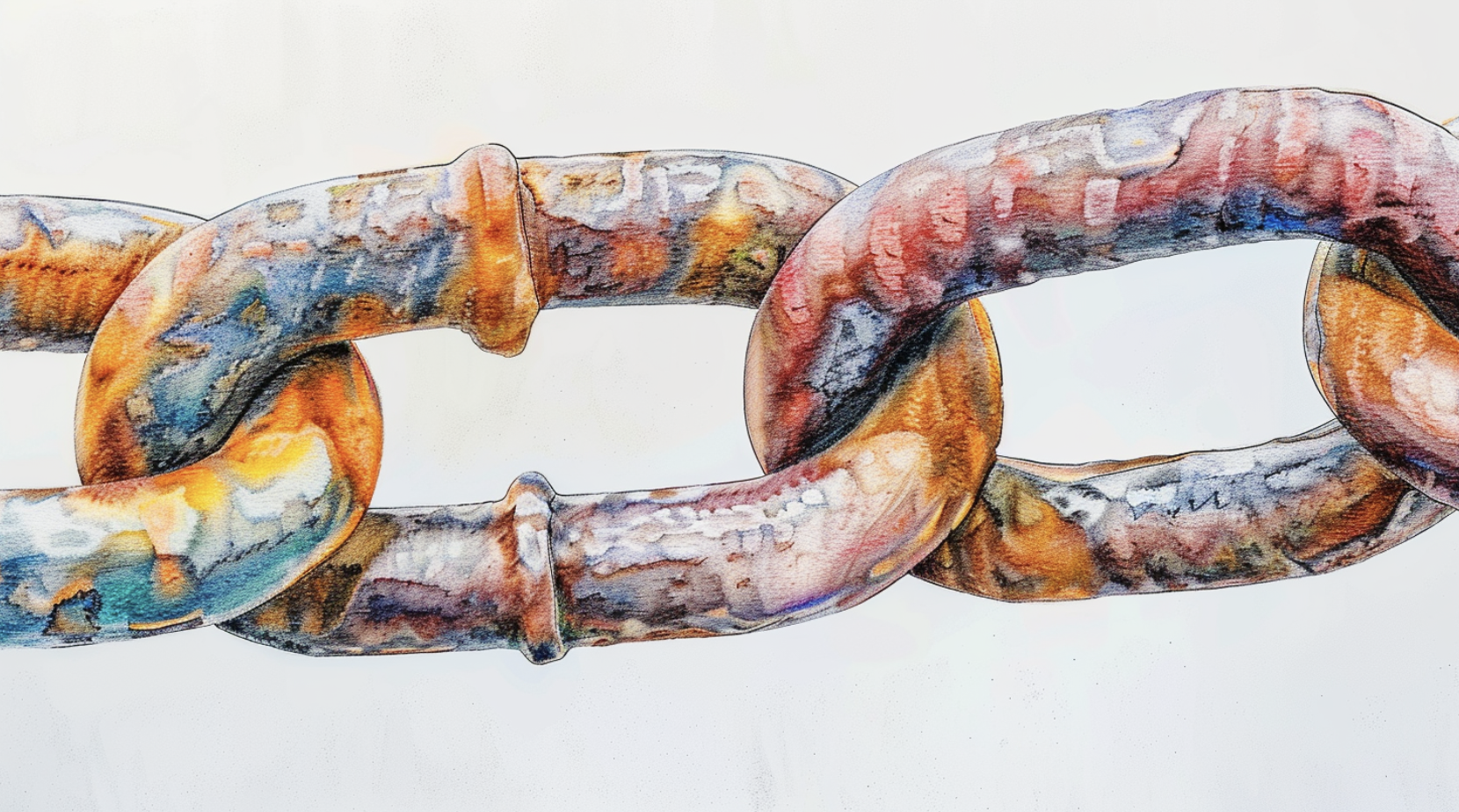I've celebrated alongside leaders during their highs and guided them through their lows. I've witnessed the breakthroughs and the breakdowns. And if there's one universal truth I've discovered, it's that trust is the cornerstone of any high-performing team. Without it, even the most skilled teams will falter. But here's the uncomfortable question: could your own leadership style be slowly eroding that critical element of trust?
As the celebrated management consultant and author Peter Drucker once said, "Leadership is not magnetic personality. It is not 'making friends and influencing people.' It is the lifting of a person's vision to higher sights." But what happens when a leader's actions, albeit unintentionally, chip away at the very foundation of trust they're trying to build?
The Gradual Erosion of Trust
Trust often isn't lost in a single, dramatic moment. It's a gradual process, often unnoticed until the damage is done. Imagine trust as a bridge connecting you and your team. With each leadership decision, that bridge either grows stronger or develops small cracks. Neglect those fissures and soon you're facing a significant chasm.
So, what are the common culprits I've seen eroding trust?
#1 The Micromanager
We've all been there, the project is critical, deadlines are looming, and the urge to control every detail is overwhelming. But micromanagement sends a clear, if unintended, message: "I don't trust you to handle this." It's a surefire way to stifle creativity and demoralize your team.
I once worked with a CEO who was so involved in the minutiae that his team joked about needing his approval to take a lunch break. While his intentions were good, the constant oversight led to high turnover and a crushed innovation. It was only when he finally let go and trusted his team that productivity and morale rebounded.
#2 The Opaque Leader
Transparency breeds trust. When leaders withhold information or aren't forthcoming about company changes, it creates an environment of uncertainty and suspicion. Your team begins to wonder what else might be hidden from view.
During a challenging financial period at my own agency, Imulus, I opted for full transparency with my team. We had a frank discussion about the hurdles ahead and the steps we needed to take. The result? My team united, brainstormed on how we could cut costs and keep going, bootstrapped-style. By bringing them into the conversation, I demonstrated my trust and respect for their contributions.
#3 The Consistently Inconsistent
Consistency is clutch. When your actions and decisions seem arbitrary or inconsistent, it leaves your team confused and erodes their faith in your leadership. They need to know your principles and standards are unwavering, regardless of the situation. Speaking from experience, I struggled with this while leading Imulus. I often made quick, sudden moves that seemed logical and obvious without discussing them with my team. I made the assumption that everyone saw the world the same as I did, and I didn't need to spell out the move; I was so very wrong.
I once coached a founder who frequently shifted project priorities without clear rationale, kind of like me. His team was left constantly guessing what was truly important, resulting in missed deadlines and frustration. We had to work on developing a more consistent approach to setting and communicating priorities before his team could regain their footing.
Building a Bedrock of Trust
Now that we've identified some common trust-eroding behaviors, how do you rebuild and fortify trust with your team? Here are some actionable strategies:
#1 Trust Your Team
Delegate responsibilities and trust your team to rise to the challenge. Trusting them demonstrates your confidence in their abilities and encourages a sense of ownership. Start by delegating a small but significant task to a team members. Give them the autonomy to approach it their way, offering support without taking over. Celebrate their success and build from there.
Be Transparent
Make transparency a pillar of your leadership. Share information regularly, whether it's positive or negative. This openness cultivates a sense of security and belonging. Institute regular all-hands meetings where you share company progress, challenges, and goals. Encourage open dialogue and respond honestly to questions. This transparency will generate a culture of mutual respect and trust. Remember, your people want to be heard and seen.
Be Consistent
Set clear expectations and adhere to them. Consistency in your actions and decisions reinforces reliability and trust. Establish core values for your leadership and ensure your behaviors align with them, ideally they align with the company as well. For example, if work-life balance is a priority, model it by respecting boundaries around communication outside of work hours.
Lead with Empathy
Try to understand and acknowledge your team's perspectives and feelings. Demonstrating empathy shows that you value them as individuals, not merely as employees. Dedicate time for one-on-one conversations with your team members. Listen actively to their concerns, celebrate their successes, and offer support in their challenges. Leading with empathy builds deeper connections and trust.
As Stephen Covey, author of "The 7 Habits of Highly Effective People," wisely said, "Trust is the glue of life. It's the most essential ingredient in effective communication. It's the foundational principle that holds all relationships."
Trust is The Foundation of Thriving Teams
Trust is the bedrock upon which successful teams are built. It's at the base of Patrick Lencioni's "The Five Dysfuncations of a Team." It's the invisible thread that runs through every interaction, decision, and outcome. As a leader, ensuring that thread remains unbroken is one of your most crucial responsibilities. Identify the behaviors that erode trust and proactively encourage a culture of transparency, consistency, and empathy, you can construct a team that doesn't just perform, it thrives.
Remember, trust is earned, not given. Every day presents a new opportunity to strengthen that trust.

